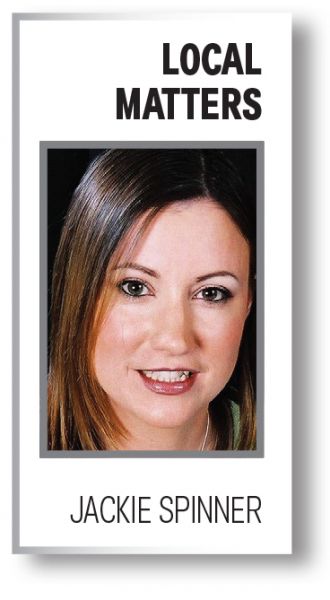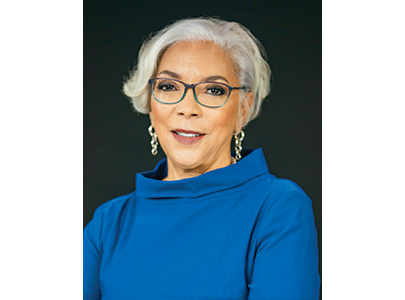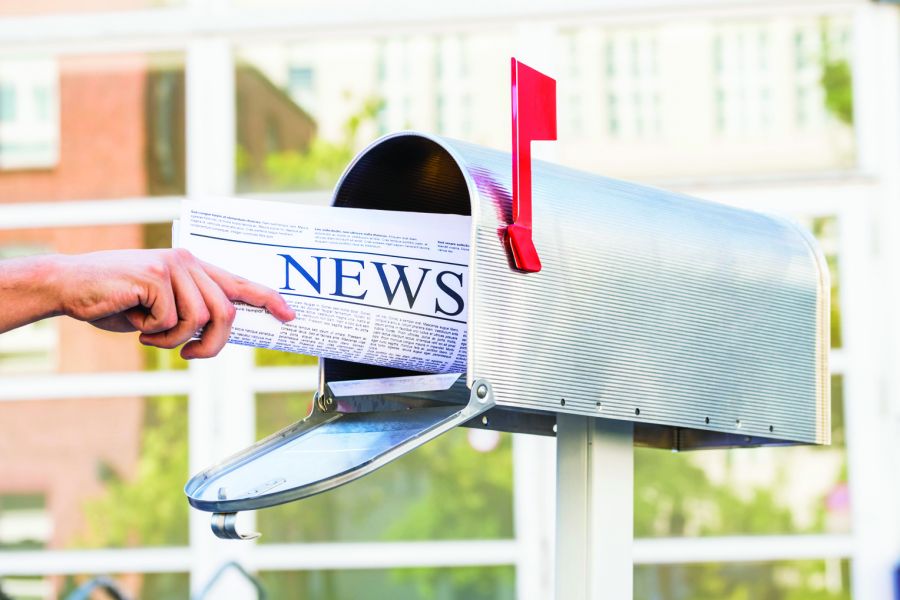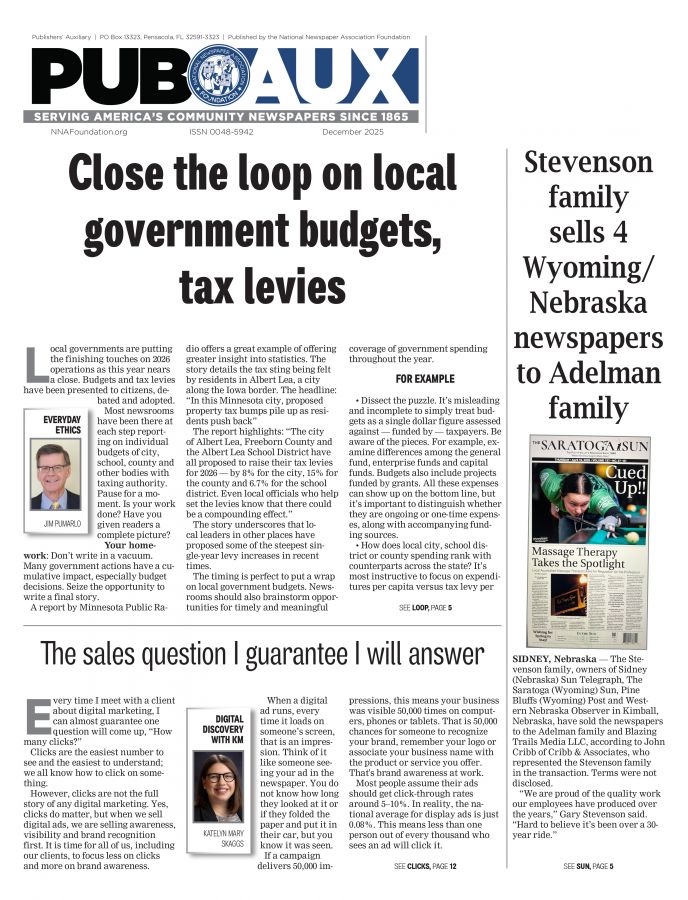To keep our community’s trust, we need to explain the decisions we make and what motivates us
Jackie Spinner
Jul 29, 2020

There is a weariness about life at this moment that I haven’t felt since I was in Iraq reporting on the war.
War reporters are used to risk calculations, and it’s an odd thing to get used to, but we do it because otherwise everything would feel too dangerous or nothing would. When nothing feels dangerous, it’s time to go home. That’s when reporters take risks they shouldn’t and end up getting hurt. It’s necessary but exhausting, having to think through every decision.
I thought once I put my flak jacket away that I wouldn’t be making those kinds of calculations again.
But when I went for a haircut recently, my first since the pandemic started, I found myself doing the same checks I used to do before going on an embed with the Army. I sat in the quiet of the car for a few moments to get focused. Before I got out, I put sanitizer on my hands and checked my face mask to make sure it was sealed properly. At the door of the salon, I looked inside to see if everyone was wearing a mask. When I went in and learned my stylist was late, I left immediately to wait outside in the fresh air. As people walked past, I moved back to give us both space. I was in the same mode when I went on a foot patrol with the military. It unsettled me how easy it was to slip back into the kind of alertness, the mindset that everyone could potentially be a threat.
If you’ve never been to war, you might not understand. In fact, if I shared this story on social media, I’m sure I’d hear from all sides of a polarized America. If the coronavirus is a war, Americans have picked a team. But my calculations had nothing to do with politics. For most reporters in a war zone, for most soldiers even, politics don’t enter into risk calculations.
That makes it challenging to cover this story, particularly when many of our readers are making decisions based on politics. We can’t be divorced from the actual experiences of our readers because we are living them, too. But we also can’t afford the appearance that we have abandoned our attempt to be objective in telling them.
On a recent assignment in rural Indiana, I listened to understand someone I didn’t personally agree with, although he didn’t know it because I didn’t tell him what I thought. I wore a mask; he didn’t. From a distance, I asked my questions and got my story without getting into a debate because that isn’t the point of what we do. It’s to listen.
As we cover the pandemic, we owe it to our readers to listen, to understand and to seek out a diversity of opinion — not to present a false equivalency, but rather to make certain that we aren’t leaving out voices in our community. We do that by borrowing from the unspoken manual of reporters who covered the wars in Iraq and Afghanistan.
We have a responsibility to be a witness, even if doing so puts us at some risk. We can mitigate the risk by arming ourselves — and our staff — with the gear needed to keep everyone safe, by having protocols and following them. We can withhold our judgment from members of our newsroom staff who feel skittish about certain risks. Someone else will step up. Not everyone in my newsroom volunteered to go to war, and that’s OK, because if everyone is on the front-line, nobody is in the control room with a landscape view.
As we move through our communities talking to people, we need to remind ourselves and our staffs that our opinion doesn’t matter. It’s been more than a decade since I returned from war, and I’ve given dozens, if not hundreds, of interviews and speeches about my experience. I wrote a book about it. I have not once publicly shared whether I thought it was a good or a bad idea for the U.S. to invade Iraq. I haven’t shared it in a classroom. I haven’t talked about it on social media. My opinion simply doesn’t matter. What matters is my experience, the stories I captured, the voices of the people I interviewed.
We need to show people how we do our job. That’s different than making ourselves central to a story, but if we are going to keep or earn back our community’s trust, we need to explain the decisions we make and what motivates us as journalists. We can lament the media illiteracy in our country, how people don’t understand the difference between news and editorial, but if we don’t work to fix it, we will end up the real losers in the war on truth because there will be nobody left to amplify it.
Our credibility is more important than our bravery. That’s something I learned early on in my years covering the war. We need our credibility to cover the decisions our school districts are making to reopen or stay remote in the fall. We need our credibility to cover mask mandates from our local officials. We need our credibility to cover the stories of our health care and front–line workers. We need our credibility to cover our emergency responders and the people they encounter and are charged to care for and protect. We need our credibility to push back against misinformation and hoaxes, against the countless memes that compete with our own fact-checked reporting.
In the end, of the many lessons I carried from the battlefield, perhaps this is the most important one. We need to be vigilant in guarding our credibility. But we also need to make sure that we get it right. The science is — and will continue — to change.
We can explain to our readers that science evolves as it is tested and researched. Policies will be made and will be rejected to reflect both the science, the political will of the people making them and, frankly, the will of the people who put them in charge.
We serve our readers best when we not only hold these policymakers accountable, but also ourselves. We serve our readers best when we remind them that in war, we are all human.
Jackie Spinner is the editor of Gateway Journalism Review (gatewayjr.org) and an associate professor at Columbia College Chicago. Send story tips to jspinner@colum.edu.










